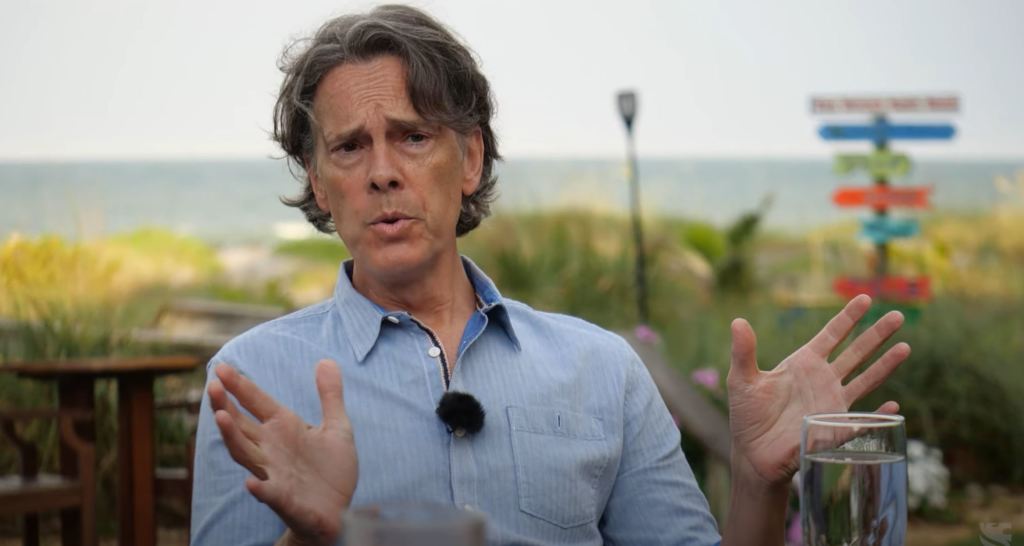James Lindsay and I focus on the influential Jean-Jacques Rousseau, whose anti-Enlightenment ideology is very much in fashion again after the disasters of Marxist socialism in the 20th century. Bad ideas don’t go away after failure — they get repackaged and re-introduced in other guises. Discussion hosted by Michael O’Fallon.
From the description:
When you listen to the moral language and rhetoric of our culture today, you less often hear appeals to “personal responsibility” and “rugged individualism” — and more often claims of “privileges,” “disparities” and “oppression.” This latter set of ideas, once foreign to American ears, is now popular with those promising “equity” and utopia.
Individualism has been accused of being part of the “white” or “patriarchal” system, while top-down collectivist solutions are demanded along with a new social contract. In nearly every case, an idealized concept of collective justice is embedded in the proposed utopia — along with a rejection of the meritocratic system that has successfully created exponential growth in our civilization. The American way is to be discarded to the ash heap of history.
To understand the genesis of this conflict, knowing about Geneva’s Jean-Jacques Rousseau is essential. Rousseau’s anti-Enlightenment ideology was the ideological inspiration of the Jacobin dictators of the French Revolution. While the American Revolution valued individual liberty and natural rights, the French Revolution demanded equality and collective rights of man.

Part of the Changing Tides series, Episode 5.